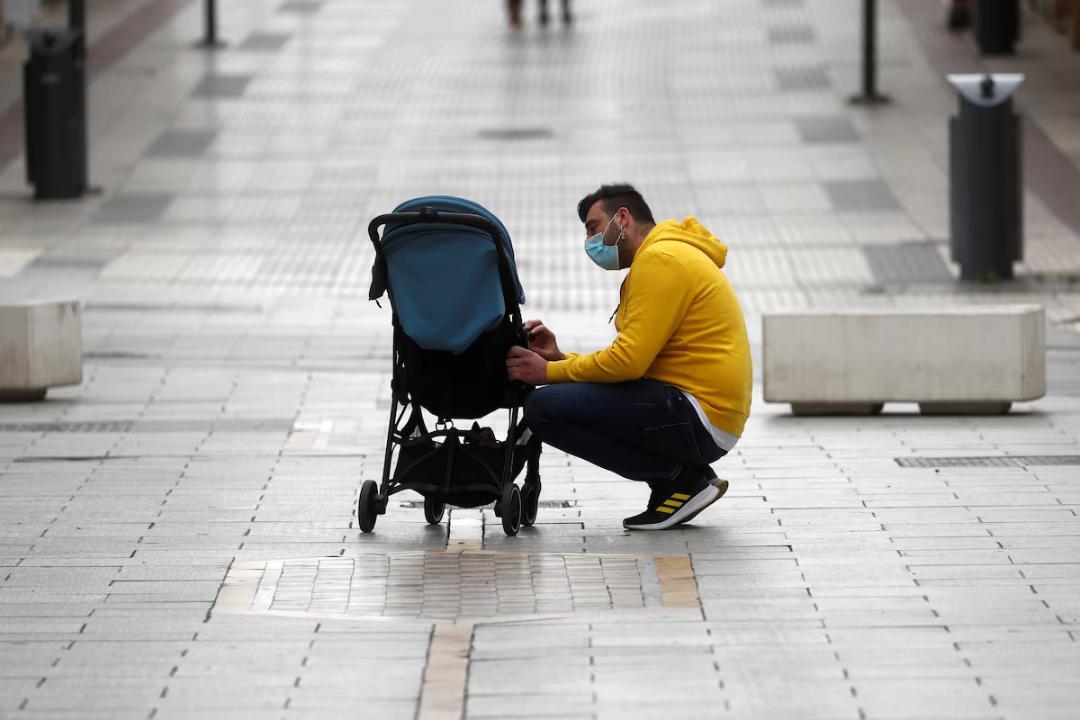
Spain to Offer 17 Weeks of Parental Leave to Both Mothers & Fathers
In a significant move towards promoting gender equality and work-life balance, Spain has announced plans to extend its parental leave policy, offering 17 weeks of paid leave to both mothers and fathers. This remarkable initiative makes Spain and Finland the only EU countries to offer equal, fully-paid birth leave to both parents. The new policy is a significant step forward in Spain’s efforts to reduce the gender gap and promote a more equitable society.
The decision was made by Spain’s government, which aims to provide a more supportive environment for new parents, particularly mothers, who often face significant challenges in balancing work and family responsibilities. The additional week of leave will allow parents to spend more quality time with their newborns, bond with them, and adjust to their new roles.
The current parental leave policy in Spain allows mothers to take up to 16 weeks of fully-paid leave after giving birth, while fathers are entitled to two weeks of paid leave. The new policy will not only provide more flexibility for parents but also encourage a more equal distribution of childcare responsibilities.
“This is a historic decision that marks a turning point in Spain’s progress towards feminism,” said Minister of Equality and Inclusive Social Policies, Irene Montero, in a statement. “Spain is moving towards feminism, and there’s no turning back.”
The extension of parental leave is part of Spain’s broader efforts to promote gender equality and reduce the gender gap. The country has made significant progress in recent years, with women now making up 46% of the workforce, up from 35% in 2007.
However, despite these advances, women still face significant challenges in the workforce, including unequal pay, limited career opportunities, and lack of representation in leadership positions. The extension of parental leave is seen as a crucial step in addressing these challenges and promoting a more equal society.
The new policy is expected to have a positive impact on families and the economy. Research has shown that extended parental leave can lead to improved child development, increased parental satisfaction, and better work-life balance. Additionally, it can also help to reduce the gender gap in the workforce, as men are more likely to take on childcare responsibilities and participate in the labor market.
The policy is also expected to have a positive impact on the economy. A study by the Organization for Economic Cooperation and Development (OECD) found that countries with more generous parental leave policies tend to have higher rates of female labor market participation and lower rates of child poverty.
The extension of parental leave is also seen as a key step in addressing the shortage of skilled workers in Spain. With more parents taking time off to care for their children, the country can encourage more women to participate in the workforce, reducing the shortage of skilled workers and promoting economic growth.
The new policy is expected to come into effect in 2026, giving both mothers and fathers the opportunity to take 17 weeks of fully-paid leave after the birth of their child. The policy is seen as a significant step forward in Spain’s efforts to promote gender equality and work-life balance, and it is likely to have a positive impact on families and the economy.
In conclusion, Spain’s announcement of 17 weeks of parental leave to both mothers and fathers is a significant step forward in promoting gender equality and work-life balance. The policy is expected to have a positive impact on families, the economy, and society as a whole. It is a testament to Spain’s commitment to promoting a more equal society and reducing the gender gap.






